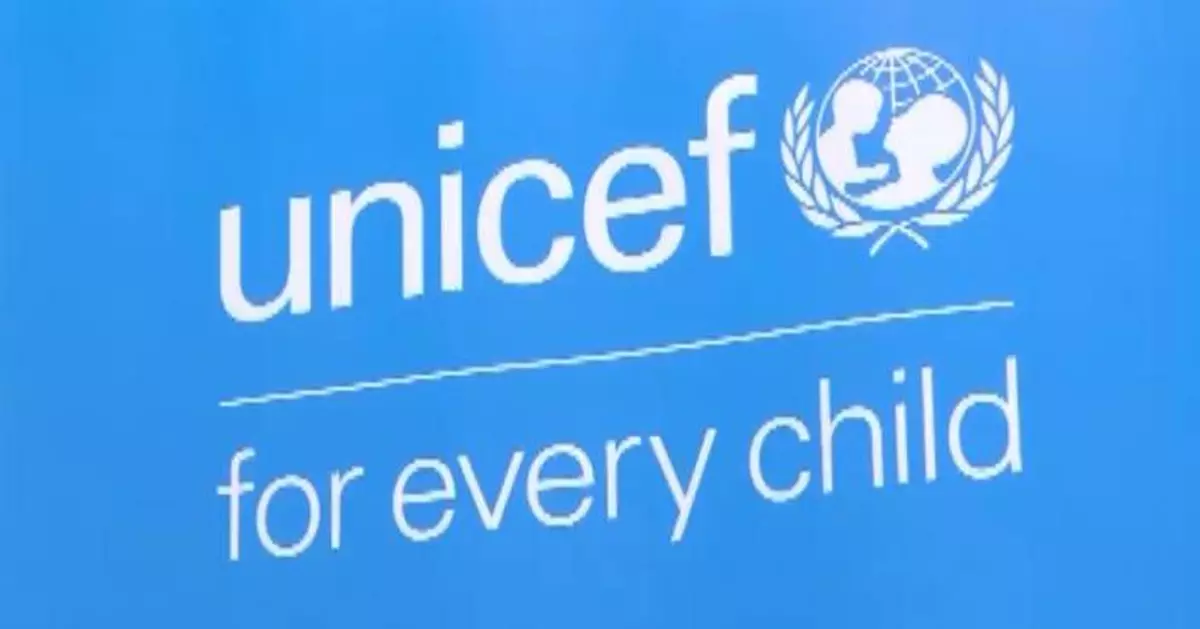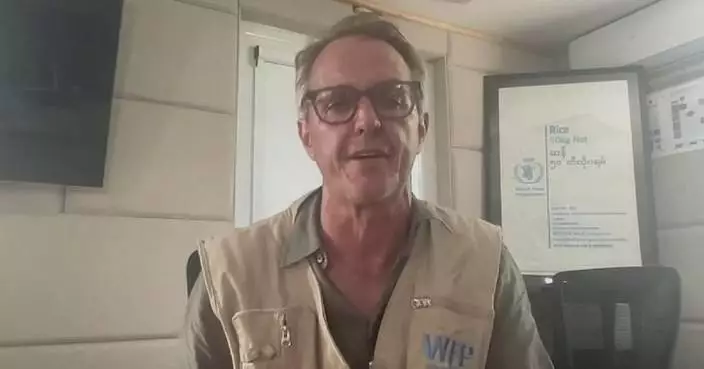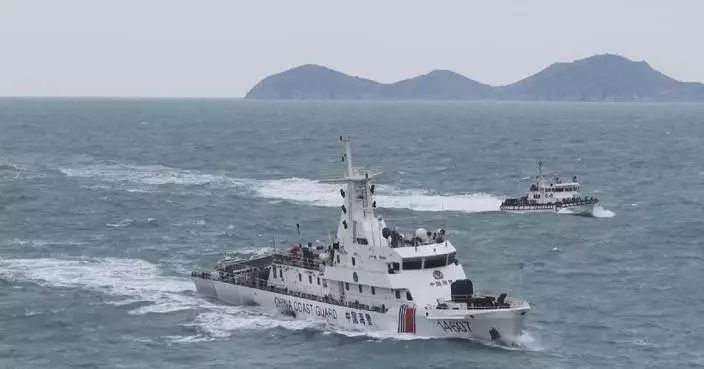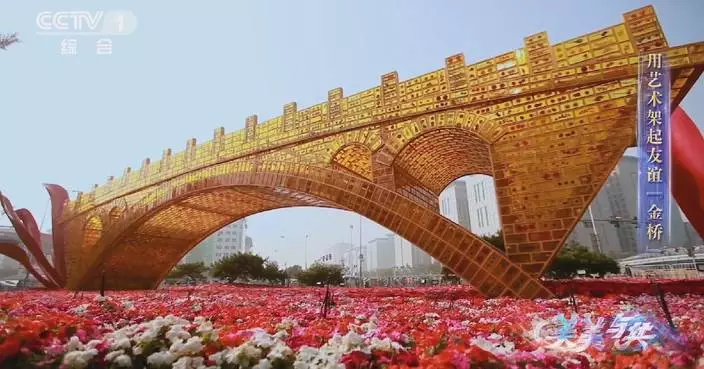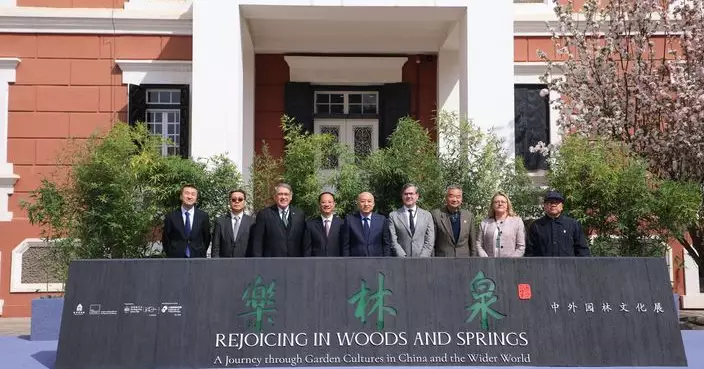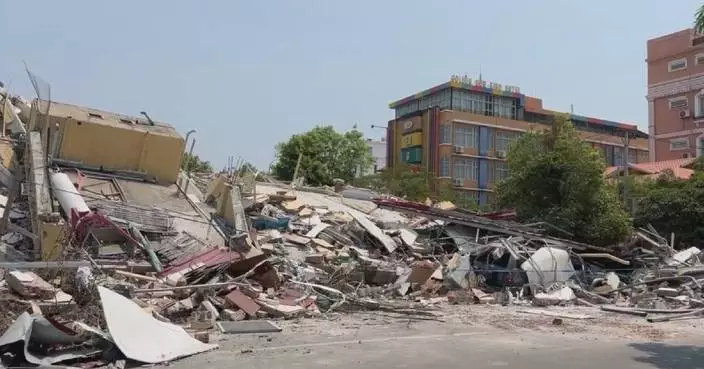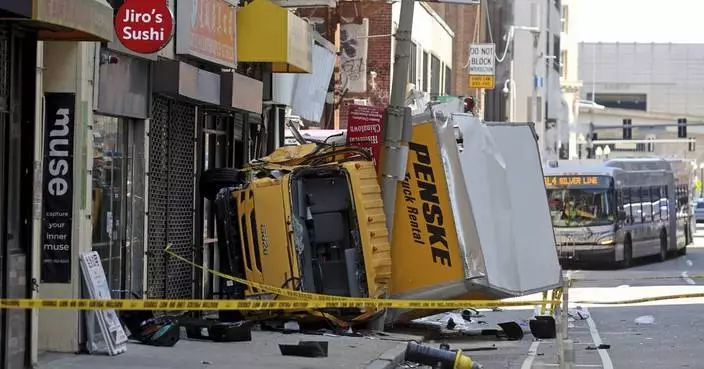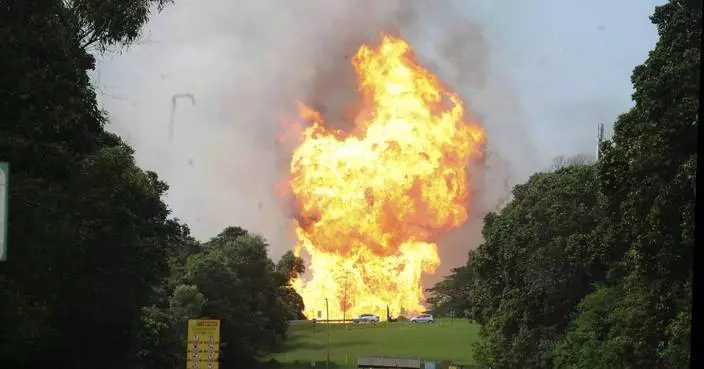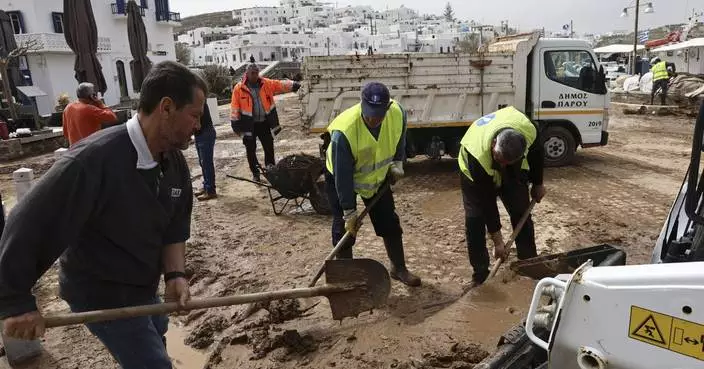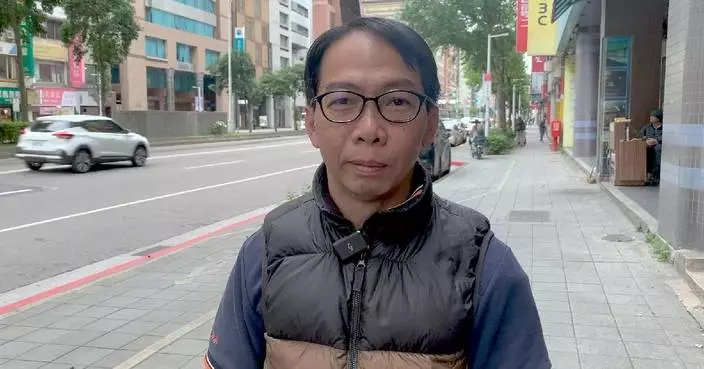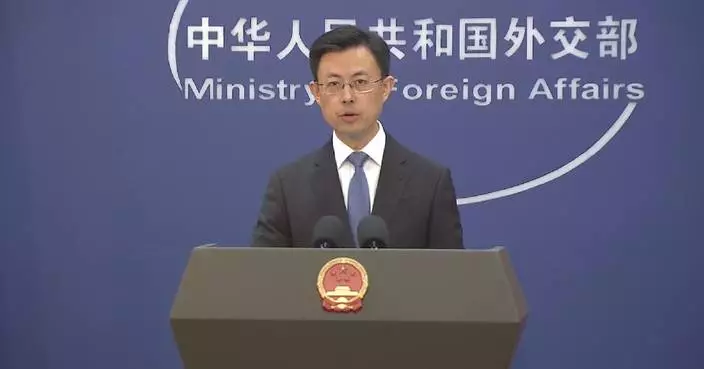The United Nations Children's Fund (UNICEF) will distribute critical aid kits to children in Myanmar following Friday's devastating earthquake, the organization's regional emergency chief announced Saturday.
The disaster in Myanmar claimed 1,644 lives, left 3,408 injured, with 139 still missing, according to the Information Team of the State Administration Council on Saturday night.
Trevor Clark, UNICEF's regional emergency chief, described the earthquake’s impact as "devastating," expressing concern over the heightened struggles children in Myanmar now face amid an already dire crisis, during an interview with China Global Television Network (CGTN) on Sunday.
"For the earthquake, what we are doing is mobilizing, first off, our supplies that we have propositioned into the country. These are tents, dignity kits, hygiene kits, recreational kits as well. So, what we are attempting to do is get the initial supplies on the ground, so that we can make sure that children have access to safe water. There is going to be some health supplies there as well. So, they will have some health services, and then also with recreational kits we will be able to make sure that they have a sense of normalcy in such a chaotic time as well. That would be really, really critical. The trauma that the kids will be facing right now will be absolutely essential to start addressing now, because we don't do it now, the impact in years down the road will be quite extensive," said Clark.
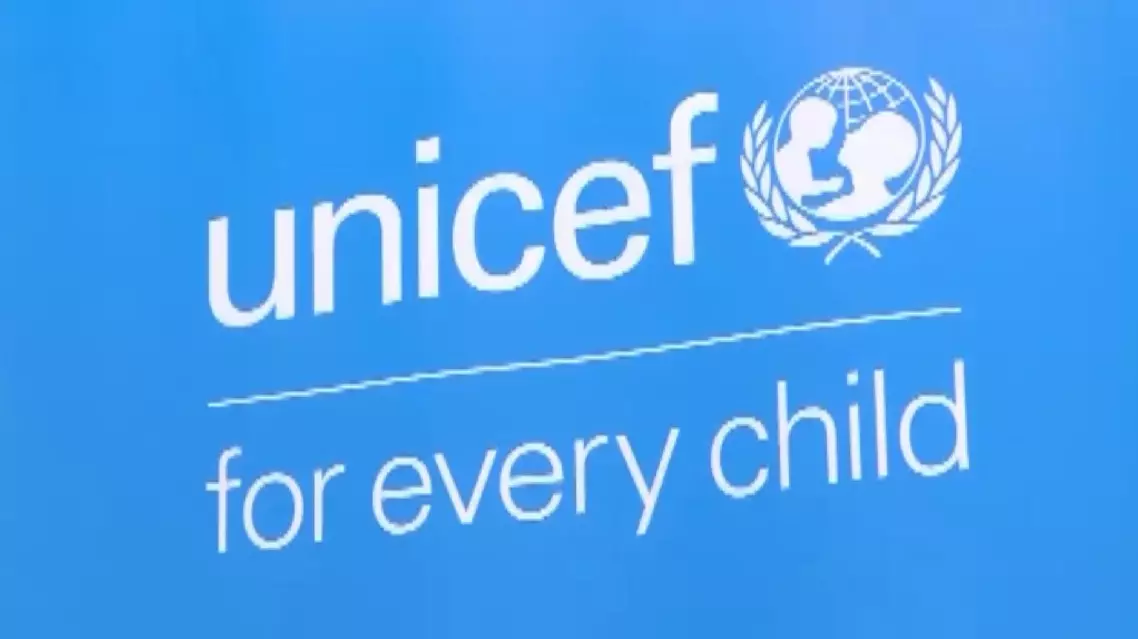
UNICEF mobilizes emergency aid for Myanmar's children after devastating earthquake
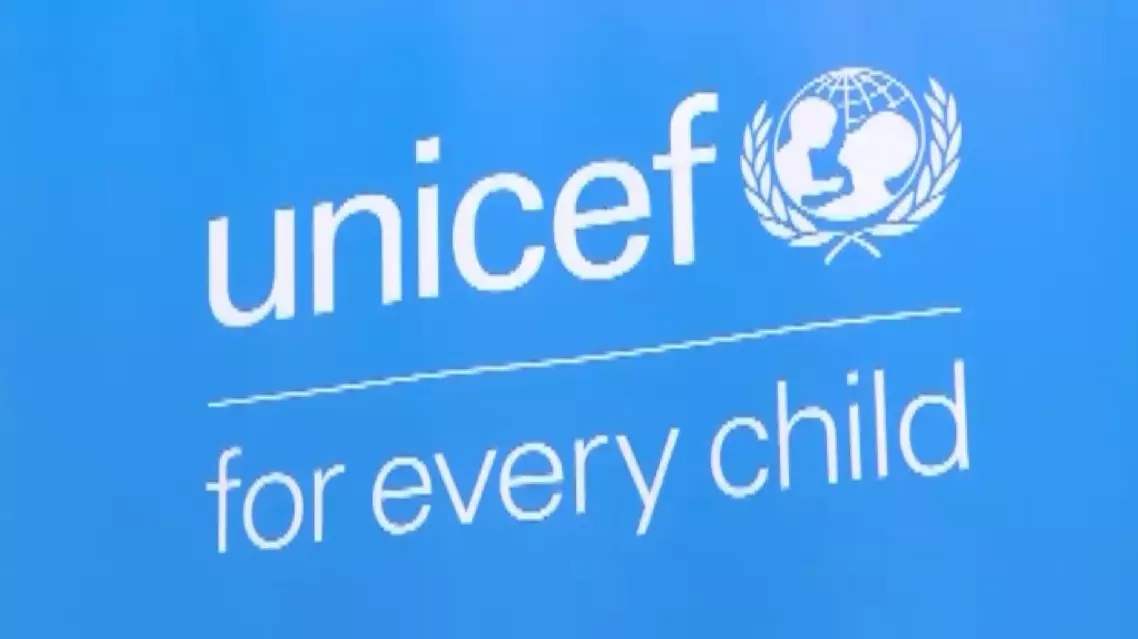
UNICEF mobilizes emergency aid for Myanmar’s children after devastating earthquake
Residents of earthquake-damaged areas of Myanmar are in urgent need of safe drinking water, health care, and temporary shelter after Friday's devastating quake, according to Arnaud de Baecque the head of the International Committee of the Red Cross (ICRC) delegation in Myanmar.
The quake hit the center of Myanmar, with an epicenter close to Mandalay, the country's second-largest city.
Despite international rescue and relief efforts, residents are living in harsh conditions and facing multiple challenges, de Baecque said.
"People are sleeping in the street, people are trying to access medical care, but the buildings are damaged as well. The hospital and primary health-care center cannot be used for now. We have sent already some reinforcement from Yangon together with the National Society of the Myanmar Red Cross to support the initial efforts. And we know also that we've seen the Chinese response, including the search and rescue teams that are still active in the first few days. We hope to find more survivors. And also the support given by the Chinese Red Cross society that is integrated into the general effort," said de Baecque.
The most urgent needs of the affected residents are clean water, health care, especially for the elderly, and safe shelter, according to the ICRC official, with scorching temperatures adding to the challenges.
"Access to safe drinking water is a priority. As the electricity is down, the water pumping system is not working, so the treatment of the water is not happening, temperatures are very high. We're reaching the hot season up to 40 degrees Celsius. Support for old people injured during the earthquake and their health in general would be the second one. And the third is support for livelihood and people who cannot access their homes and their kitchens just to keep having food and a way of sleeping in a safe manner, even if it's outside in the street," said de Baecque.
The death toll from the 7.9-magnitude earthquake has risen to 2,719, with 4,521 people injured and more than 440 listed as missing, according to an announcement on Tuesday from Myanmar's leader Min Aung Hlaing.
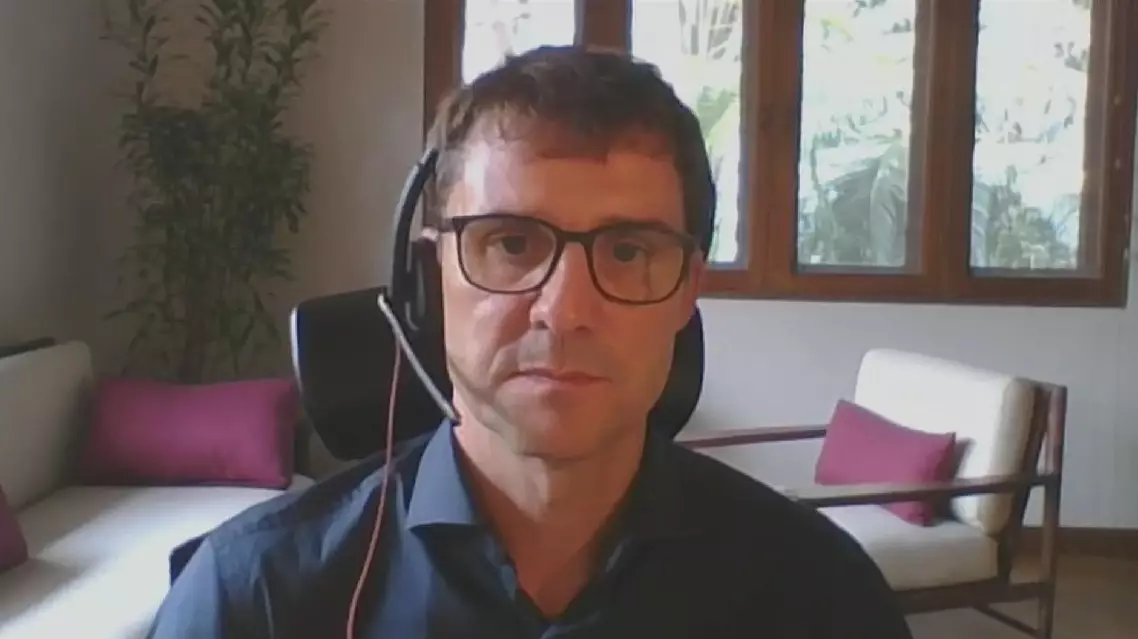
Myanmar residents lack clean water, health care, shelter after quake: Red Cross official
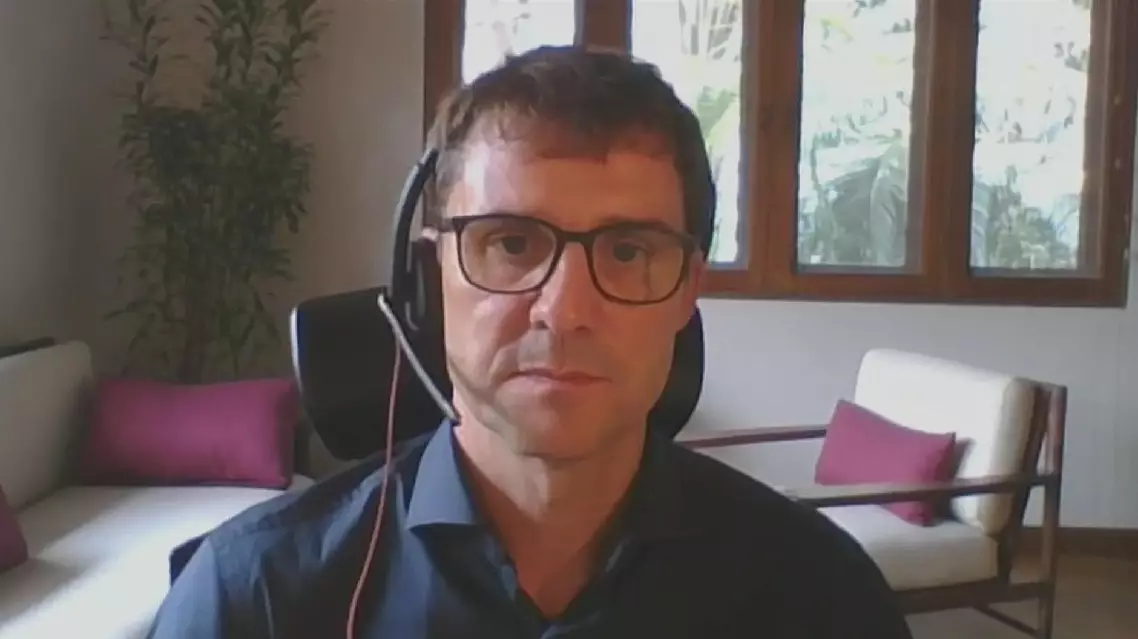
Myanmar residents lack clean water, health care, shelter after quake: Red Cross official




